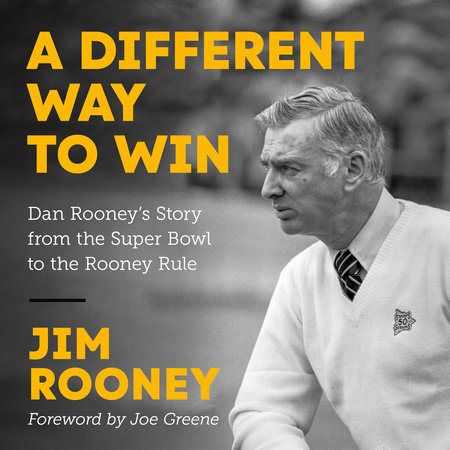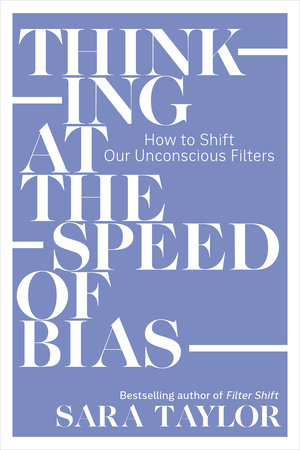


-
$22.95
Jul 09, 2024 | ISBN 9781523006762
Buy the Paperback:
YOU MAY ALSO LIKE
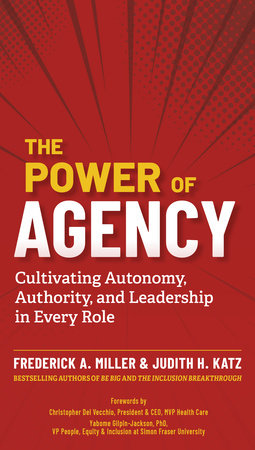
The Power of Agency
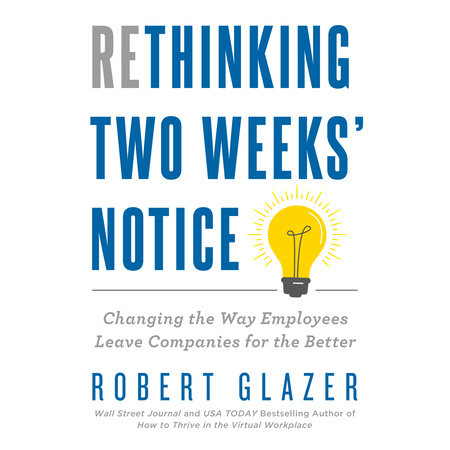
Rethinking Two Weeks’ Notice

Under the Hood
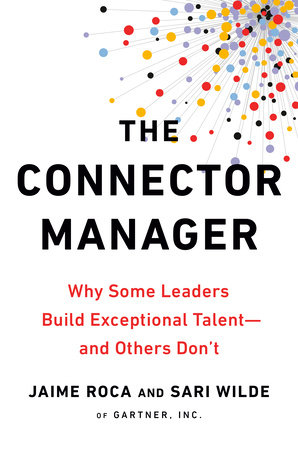
The Connector Manager
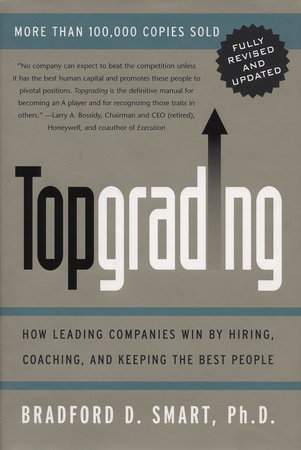
Topgrading (revised PHP edition)
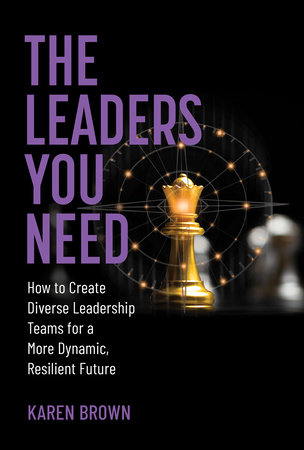
The Leaders You Need
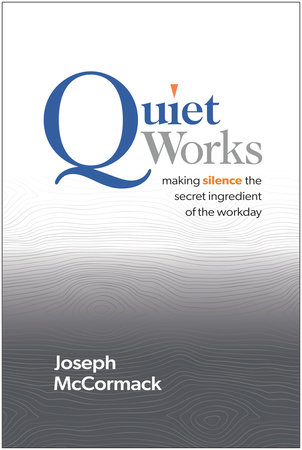
Quiet Works

The Demand Revolution
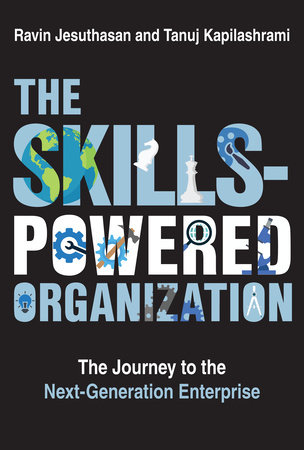
The Skills-Powered Organization
Praise
Field-tested advice on implementing diversity, equity, and inclusion practices in one’s community and workplace.
In Taylor’s previous book, Filter Shift: How Effective People See the World (2017), she created the categories “Frames” and “Filters” to help readers see the mostly conscious and almost entirely unconscious perceptions that shape our interactions with others as well as the communities we create, from classrooms to cities to corporations. Here, she returns to and expands upon these concepts. Frames she explains, are informed by objective facts. How one chooses to respond to an objective fact, however, will be affected by one’s Filters. These are patterns of belief that may or may not be objectively true and they are so ingrained that we don’t think about them or question them. And, as Taylor explains, we are more likely to attribute negative qualities to a whole category of people if we’re reacting to someone who we regard as not like us—especially if their identity seems unfamiliar and even threatening. This is unconscious bias, and it’s not difficult to see how this sort of stereotyping or othering perpetuates inequity at individual and systemic levels. What is difficult, though, is recognizing and interrogating our own unconscious biases in order to unlearn them. In this book, Taylor continues the work of helping readers do exactly this by applying Frames-and-Filters analysis to such phenomena as polarization and microaggressions. The author supports her work with useful insights from psychology and social science research. For example, her model for the stages of cultural competence is a synthesis of the work of three different researchers who study cross-cultural communication. Despite the bullet-pointed summaries and useful infographics, this text is sometimes dense and maybe not best suited for a training handbook. However, the discussion questions at the end make it a good choice for a book study group.
A data-driven, actionable guide for executives, community leaders, and individuals invested in fostering a culture of belonging.
—Kirkus Reviews
“Lots of people talk about bias, but this book empowers us with practical tools to challenge it. That’s what every individual and every workplace needs!”
—Jacqueline Williams-Roll, Chief Human Resources Officer, General Mills, Inc.
“In this work, Taylor does more than merely expose the impact of implicit biases; she provides discrete tools to empower individuals and institutions to move beyond their biases toward creating healthy, inclusive cultures.”
—Christopher E. Manning, Chief Inclusion and Diversity Officer, University of Southern California
“The transformative concepts in this book, tangibly outlined through stories and introspective questions, have transformed my thinking, my development, and my leadership.”
—Penny Wheeler, MD, retired CEO, Allina Health, and retired Regent, University of Minnesota
“As the leader of a large social service organization, I never really understood how my filters impacted the whole organization until I read this work. I know not only that they do but how to begin the journey of shifting those filters. Fantastic book!”
—John Estrem, CEO, Hammer & NER
“This brilliantly written guide makes it easy to understand how biases occur and clearly explains how we can be intentional in our decisions to reduce the impact of our unconscious filters in our actions. I strongly recommend that everyone read this book!”
—Julie Morgas Baca, County Manager, Bernalillo County, New Mexico
“Sara’s work provides a framework that goes beyond talk and philosophy to what actually works. Her approach has opened the eyes of many and made us better people and better leaders as a result.”
—Shari Ballard, CEO, Minnesota United FC
“This transformative book provides a compelling exploration of hidden biases and offers invaluable tools for reshaping them by illuminating the unconscious filters that shape our thinking and behavior. It is an essential read for those committed to fostering understanding and inclusivity.”
—Mary Macon, LMSW, Culture and Inclusion Manager, Central Arkansas Water
21 Books You’ve Been Meaning to Read
Just for joining you’ll get personalized recommendations on your dashboard daily and features only for members.
Find Out More Join Now Sign In






